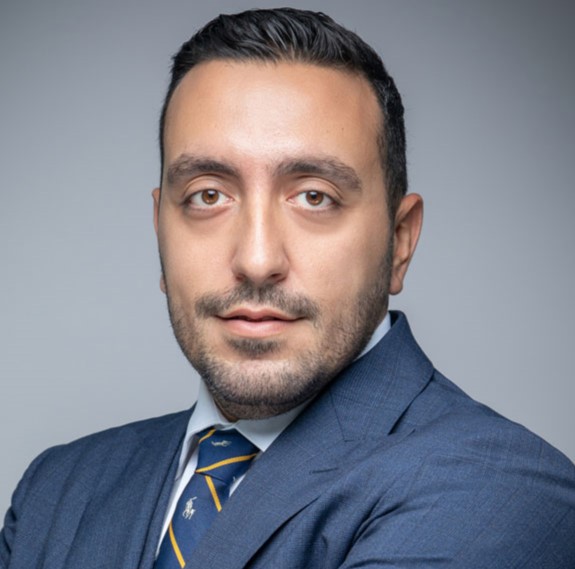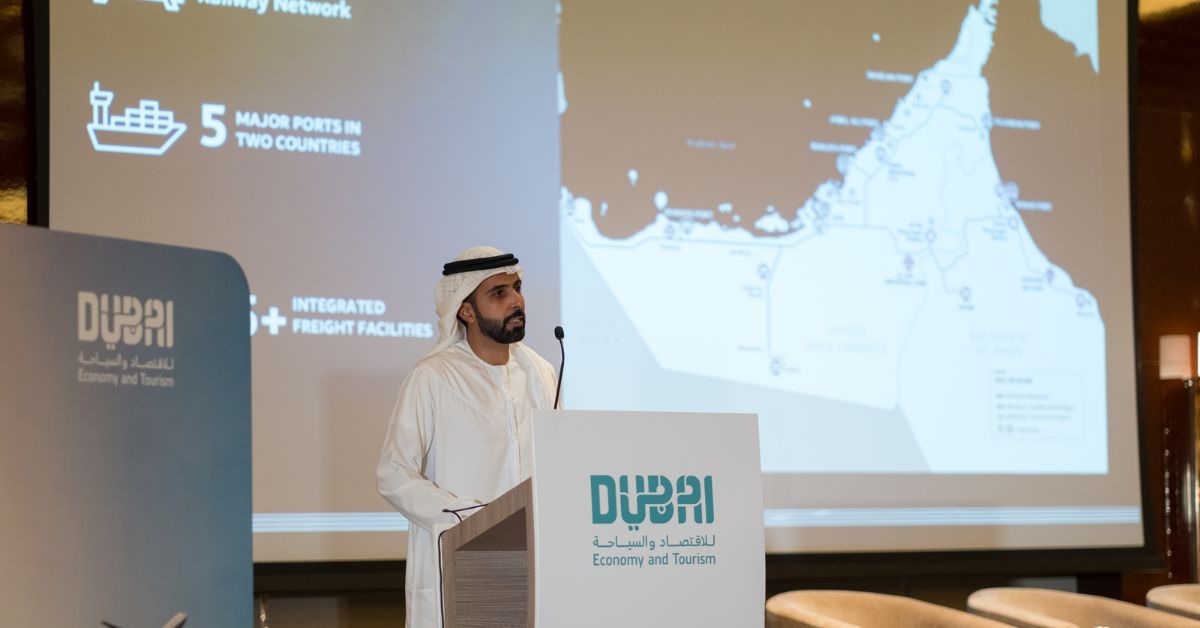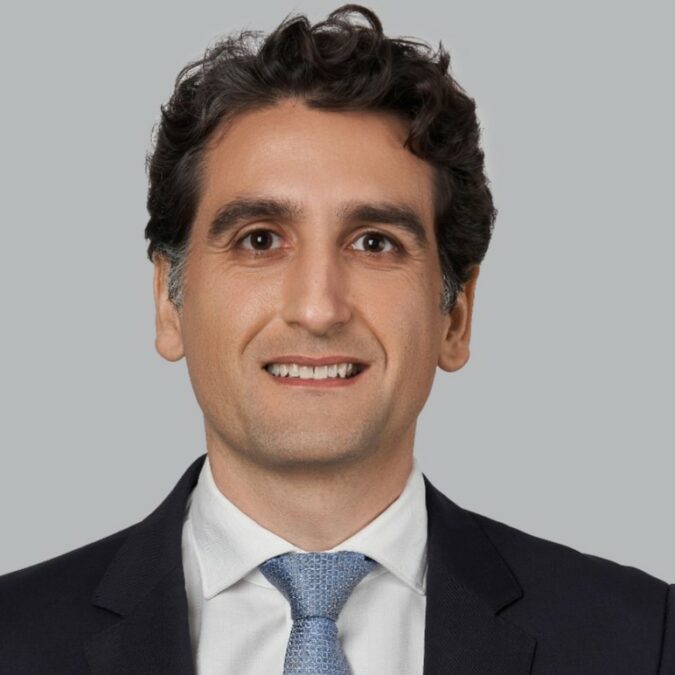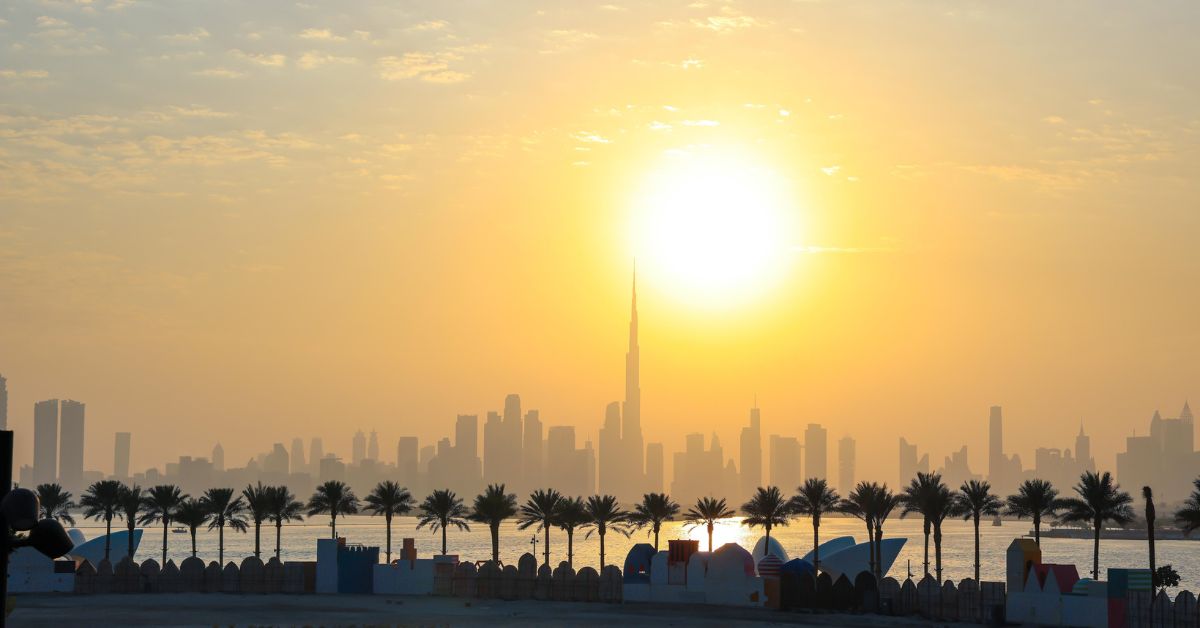DUBAI — The UAE has consistently invested in the right infrastructure over the years to support its economic growth and create new opportunities. These aggressive infrastructure investments have been pivotal in elevating Dubai’s stature and its ability to attract businesses and individuals. Investments in maritime and aerial infrastructure have forged new global connections, while its airline has made the city more accessible, bolstering its business allure and reputation as a tourist hotspot.
According to Nicolas Nahas, Principal in the Travel & Transportation practice at Arthur D. Little Middle East, Dubai’s meteoric rise began with the inauguration of Dubai International Airport. This was followed by the opening of the Jebel Ali Port and the World Trade Center. “These infrastructures have been instrumental in driving trade and commerce, attracting tourists, and welcoming business travelers,” Nahas noted. The subsequent establishment of Emirates Airlines further positioned Dubai as a premier tourist destination.
Architectural marvels like the Burj Al Arab have endowed Dubai with its iconic identity, showcasing unparalleled levels of Dubai and Arab hospitality. Moreover, landmarks like the Emirates Mall and Dubai Mall, constructed in the early 2000s, have cemented Dubai’s reputation for luxury and retail tourism.

Khaldoun Hilal, CEO of KAMA Capital, concurs that both the Dubai airport and its flagship airline have been transformative for the city. “The exceptional services offered by the local airline have made Dubai a global crossroads, facilitating the growth of the tourism, events, and business sectors,” he remarked. Hilal also emphasized the pivotal role of free zones in Dubai’s economic ascent, providing hospitable environments for diverse industries, from media to finance.
“Transportation is a key growth driver for many industries,” Hilal noted. “By building the essential logistics and transportation infrastructure, Dubai has facilitated its rapid expansion, harnessed its potential, and leveraged its central location amidst major economic hubs.” Roads and public transit have also simplified city navigation, spurring the real estate sector’s growth.
Moreover, the city’s skyline, coupled with other ambitious architectural endeavors, has generated global buzz around Dubai. These projects provide breathtaking vistas for both visitors and residents. Consequently, many individuals have relocated to Dubai for work, residence, and investment. In this context, Dubai has sculpted an image of a futuristic metropolis where grand projects materialize, flourish, and prosper.

However, in light of global challenges and climate risks, sustainability has emerged as an imperative. Hilal believes that embracing sustainability has positioned Dubai at the vanguard of eco-consciousness, fostering expertise in the domain. This focus has also lured companies and investors deeply committed to environmental and sustainability goals.

“Dubai holds immense promise for green initiatives and has been channeling investments in line with its clean energy strategy,” said Nahas. “Take, for instance, the Mohammed bin Rashid Maktoum Solar Park, which already powers over 50,000 homes. This underscores a robust commitment to green buildings, energy-efficient structures, and reduced operational costs. As a result, Dubai can entice businesses while simultaneously cutting down business expenses,” he elaborated.
Nahas foresees Dubai’s growth trajectory aligning with its tourism targets, emphasizing the Al Maktoum Airport’s strategic expansion. “It’s a monumental project. Dubai’s 2040 master plan, which envisions a 400 percent increase in public beaches and expansions in hotels, parks, and public transit, ensures the city’s sustained growth,” he said.








